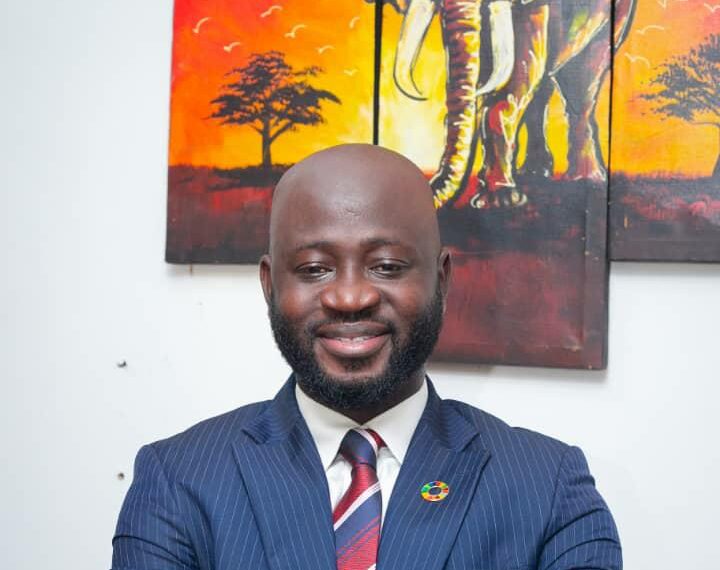The Minority in Parliament has criticized the John Mahama-led administration for what they describe as a lack of proactive diplomacy in addressing the United States’ recent decision to slash visa validity for Ghanaian travelers. The new U.S. policy limits most non-immigrant visas including those for tourism, business, and study to single-entry permits valid for just three months.
Deputy Ranking Member of the Parliamentary Foreign Affairs Committee, Nana Asafo Adjei, speaking to Starr News, accused the Ministry of Foreign Affairs, led by Minister Samuel Okudzeto Ablakwa, of failing to act decisively in preventing the implementation of what he called a diplomatically damaging policy.
“This situation makes it extremely difficult to engage our U.S. counterparts effectively. We cannot send a high-powered delegation, and this undermines our foreign relations with the United States a strategic partner,” he lamented.
According to Asafo Adjei, the current visa regime has become not only restrictive but unmanageable for individuals and organizations that regularly engage in U.S.-Ghana relations. He revealed that visa appointments are now being pushed as far as 2026 and 2027, with delays severely impacting travel plans and diplomatic engagement.
“I am the Vice Chairman of IYDU, and we are scheduled to travel to the United States of America on the 29th of this month. However, members of our delegation are still struggling to secure visa appointments. Even when they manage to secure one, it results in just a three-month, single-entry visa,” he said.
The new U.S. visa policy — part of the Visa Reciprocity and Civil Documents regulation — is seen as a response to Ghana’s own visa terms for American citizens. It effectively replaces the previous arrangement where Ghanaians could receive multiple-entry visas valid for up to five years.
Nana Asafo Adjei pointed to what he called “diplomatic inertia” and “mixed messaging” from Ghana’s leadership as contributing factors. He warned that Ghana risks losing credibility with key international partners if diplomatic channels remain strained or ineffective.
“When your own Minister portrays the system as riddled with corruption and fraud, what kind of message are we sending to our international partners?” he questioned. “This doesn’t just hurt our reputation — it severely limits our ability to operate effectively on the global stage.”
He also referenced a growing sense of dissatisfaction within Parliament about how the executive is handling foreign policy matters. “This is Ghana, the land of Kwame Nkrumah. What would he say if he saw us struggling like this, unable to address pressing diplomatic issues?” he asked.
In a related development, Immigration Consultant Rodney Nkrumah Boateng advised Ghanaians applying for U.S. visas to be meticulous in presenting their travel intentions.
“Applicants must clearly demonstrate the purpose of their trip and prove that they have strong ties to Ghana — such as family, employment, or education — to show they will return after their visit,” Boateng advised.
The Mahama administration has not yet issued an official response to the Minority’s claims. However, calls are intensifying for the government to initiate immediate diplomatic engagement with Washington to seek a review of the visa restrictions, especially in light of their potential economic and diplomatic repercussions.

